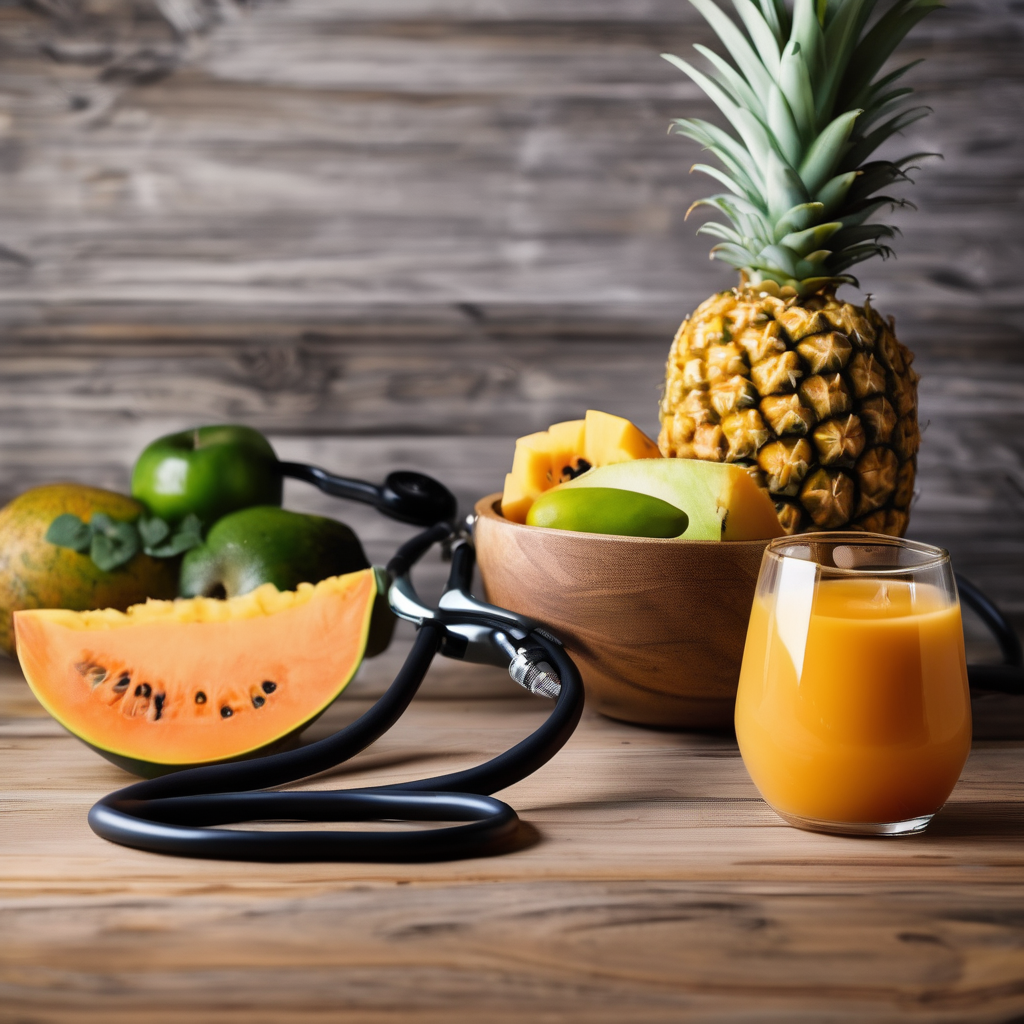Stroke rates are on the rise among younger adults in Fiji, presenting urgent public health concerns. Tomasi Tuibua, who experienced a stroke at the age of 32, recounted how the serious health event has profoundly affected his family and responsibilities. As a father of six, Tuibua emphasized the critical importance of early detection and lifestyle modifications to avert adverse health outcomes.
His recovery journey illustrates the challenges many face; he noted the struggles of being the primary provider for his family while grappling with the aftermath of the stroke. Tuibua’s advice underlines the significance of hydration, regular exercise, and immediate medical attention if stroke symptoms occur.
In sharing her experience, fellow stroke survivor Vilimaina Moqolaki recalled recognizing symptoms at home, which ultimately led to her seeking help. The shared narratives of these survivors reinforce the message that awareness and healthy habits are key to preventing strokes and other health complications.
This growing trend has garnered the attention of health officials and organizations such as Counterstroke Fiji, which has reported that approximately three individuals are admitted to hospitals daily due to strokes. Counterstroke Fiji has raised alarms over a notable increase in strokes spanning across all age groups, including alarming instances of children as young as four being affected.
Elizabeth Reade Fong, president of Counterstroke Fiji, advocates for significant dietary changes, highlighting the need for a shift from ultra-processed foods to healthier options. Fong emphasizes that prevention is paramount, stating, “prevention is the only cure” and that establishing a holistic approach involving balanced nutrition and increased physical activity can dramatically reduce the risks associated with strokes.
Moreover, Dr. Luisa Cikamatana pointed out that non-communicable diseases, particularly diabetes and hypertension, are contributing factors to rising stroke cases. The emphasis on timely intervention, community education, and lifestyle changes is crucial to combat these alarming trends.
As awareness grows, there is a hopeful outlook for a collective response to these health challenges. Ongoing efforts by organizations like Counterstroke Fiji offer support and motivation, fostering better health practices within the community. Through education and proactive measures, the potential exists for Fiji to navigate towards a healthier future.
